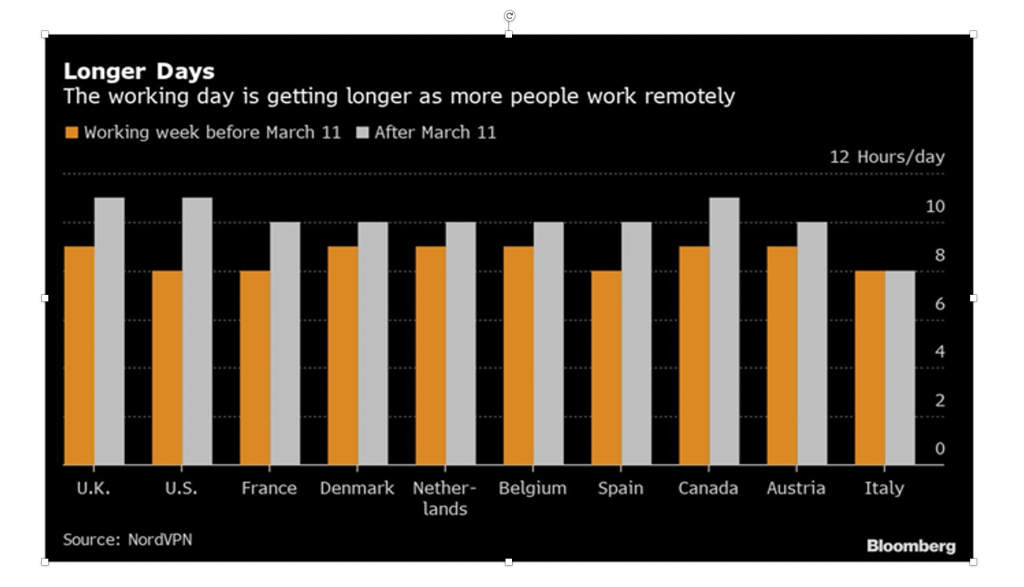Written by Corinne Townley, Career Advising Fellow
Congratulations! You made it through Connect to Your Future Day. Take a moment to thank yourself for all the hard work you put into making this day beneficial for your career. Now that the day is over what will you do with all the information you gathered and all the connections you made? If you’re not sure or want some guidance this article is for you. Here are 3 questions you may be asking yourself after 2/22/22…

I want to stay in contact with someone I met, but how?
Send a thank you note! Thank you notes go a long way in the professional world. Few people take the time to write them so when you do you stand out. Thank you notes will display appreciation to those you have networked with or have taken the time to talk with you about their careers. It is acceptable to send thank you notes via email or you can stop by the SPDC and ask for a paper card.
Connecting on LinkedIn is another great way to stay in contact with someone you met at Network@Night. You can send them a personalized connection request reminding them where you met and what you talked about. Once they accept your request you will be able to interact with their posts and they can check and see what you are up to as well.

I want to apply for an internship/job I found at Network@Night, where do I start?
Now that you’ve found an opportunity it’s time to look at your application materials! Here are some resources you can look through to get you started…
The career advisors at the SPDC are always happy to help you through every step of the internship/job application process. If you want someone to look over your resume, review your cover letter, or help you prepare for an interview, we have your back! Just log onto the Elon Job Network, click career advising appointment on the left side taskbar, and select your preferred date, time and if you want to meet in-person or virtually. We cannot wait to meet you!
I want to keep making connections, how do I continue networking?
LinkedIn is a great way to start meeting more employers and professionals in your industry. If you need some guidance setting up your profile, check out the LinkedIn Quick Guide.
Conducting informational interviews is another great way to make connections with professionals. Informational interviewing is a method of gathering information about your industry and exploring career paths while making meaningful connections. Reach out to someone you met at Network@Night or an alum you met on LinkedIn and set up your informational interview today.
Have any questions about what you just read or just want someone to talk to about Connect to Your Future Day? Come chat with us! You can make an appointment through EJN or stop in during drop-in hours. See below for details.
SPDC Office: 10am-12pm Monday – Thursday
Porter Center: 12pm-2pm Monday – Thursday
Comm Office: 2pm-4pm Monday – Thursday








